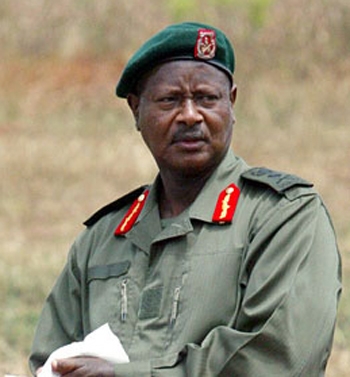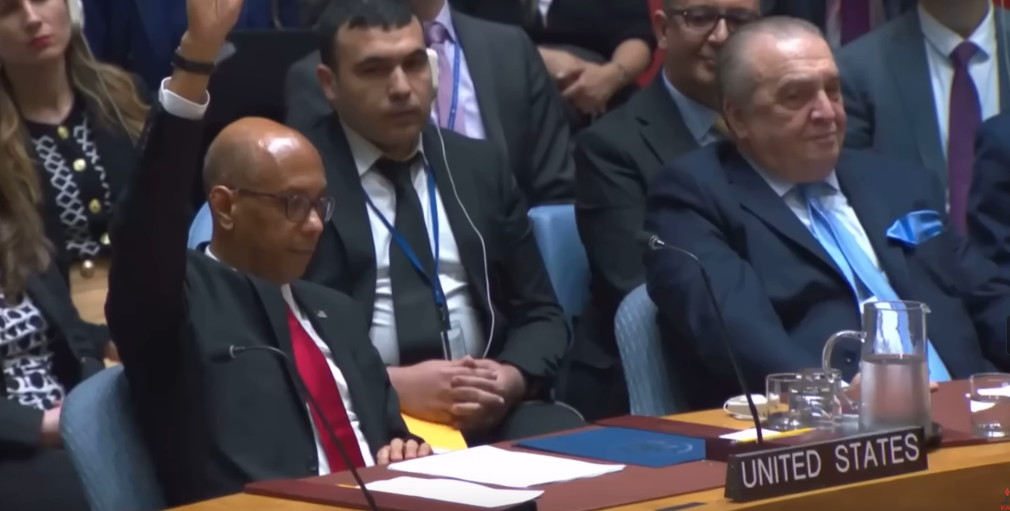Commander-in-Chief of the UPDF, General Yoweri Kaguta Museveni
COMMENTARY
“civil or criminal proceedings may be instituted against a person after ceasing to be President; in respect for anything done or omitted to be done in his or her personal capacity before or during the term of office of that person, and any period of limitation in respect of such proceedings shall not be taken to run during the period while that person was President”
A person is “disqualified if they have committed a crime during their tenure such as subversion, extrajudicial killings, theft and money laundering”.
GULU-UGANDA: On October 20, 2011, Africa’s longest serving dictator of 42 years, the deposed leader of Libya, Muammar Gaddafi, was found hiding in a culvert, west of Sirte and captured by the National Transitional Council Forces. He was killed shortly afterwards.
This brought his regime to a brutal end and Libya has never seen peace since his exit from the political stage of Libya and Africa in general.
His body, that of his son, Mutessim and that of a former aide were buried in a secret desert location where they were all given full Islamic burial rites.
Gaddafi became the first casualty of what later became known internationally as the ‘Arab Spring’ —a mass protests which swept through North African countries of Tunisia, Egypt and Libya; and Bahrain, Yemen and Syria in the Middle East.
The whole drama ensued from an act of protest in Bouazizi, Tunisia, when a 26-year-old man set himself ablaze on December 17, 2010, after a brush with a police when his cart of merchandise, that he was hawking, was confiscated by a policewoman who had slapped him and spat on his face.
These protests also saw the brutal end of the 30-year-old regime of President Hosni Mubarak of Egypt in February 2011, and the 24-year-old reign of President Zine El Abidine Ben Alli of Tunisia, who was forced to flee on January 14, 2011.
Another long serving African Dictator who was forced out of power through the intervention of the military is Zimbabwe’s Mr. Robert Mugabe, whose 37-year-old reign came to abrupt end in December 2017.
Unlike the late Gaddafi who was killed during the revolution, Ben Alli who was forced to flee his country or Mubarak, was arrested during the uprising, while Mugabe is lucky to have negotiated his safe exit with a $10 million dollar-bonus as retirement package.
In order to cede power, Mugabe will also get a residence, twenty staffs, a fleet of chauffeur driven cars, security guards, diplomatic passport, pension equivalent to the salary of a sitting President, four trips within Zimbabwe and four trips abroad on a private plane.
Mr. Mugabe now joins Angola’s Jose Eduardo Dos Santos who refused to stand again in the April 23, 2017 election.
Some of his retirement packages include 90% of his salary ($6,200), air travels, chauffeur driven cars and immunity from prosecution.
“As ‘president of the republic emeritus honorary, he could only be judged before a special tribunal ‘for criminal or civil liability’ for acts unrelated to the exercise of his functions’- that is to say for any alleged corruption.
This now leaves Africa with three longest serving heads of states whose peaceful exit from leadership is not predicted in the near future. They are Mr. Teodoro Obiang Nguema Mbasogo of Equatorial Guinea who has ruled for 38 years since august 1979, Mr. Paul Biya of Cameroon who has ruled for 35 years since November 1982 , and Uganda’s General Yoweri Museveni who has ruled Uganda for 32 years since January 26, 1986.
President Museveni has just assented to a controversial new law which amended Article 102(b) by removing presidential age-limit of 75 years (upper scale), which was in the constitution, and has given green light for Mr. Museveni, now 73 years old, to run again in future elections.
This has angered majority of Ugandans including opposition, religious, cultural and other civil society organization (CSO) leaders. The Uganda Law Society has since joined scores to petition court over the new law. This has dashed any hope for a peaceful transfer of power in Uganda since the country gained independence in 1962.
Ugandan laws on succession are so unfavorable that a sitting president, like Museveni, cannot easily accept to leave power peacefully because of fear of prosecution for crimes he might have committed while in office. He only enjoys immunity while in office.
Article 98(5) of the 1995 Constitution, which states that: “civil or criminal proceedings may be instituted against a person after ceasing to be President; in respect for anything done or omitted to be done in his or her personal capacity before or during the term of office of that person, and any period of limitation in respect of such proceedings shall not be taken to run during the period while that person was President” does not favor peaceful transfer of power from one president to another in Uganda.
On June 23, 2010 Uganda parliament approved the Emoluments and Benefits of the President, Vice president and Prime Minister bill 2009 which gives retiring presidents a ‘fully furnished house, chauffeur driven cars, health insurance policy, security guards, education allowances to four biological children; but it still contains that dreaded clause which says a person is “disqualified if they have committed a crime during their tenure such as subversion, extrajudicial killings, theft and money laundering”.
Ugandans should entice Museveni to cede power peacefully, just like the Generals who presided over the exit of President Robert Mugabe of Zimbabwe, for instance, by promoting him to the rank of a Field Marshall, immunity from prosecution, even in his retirement and some dollar bills as send off. These two laws which scare him should also be revisited and amended.












